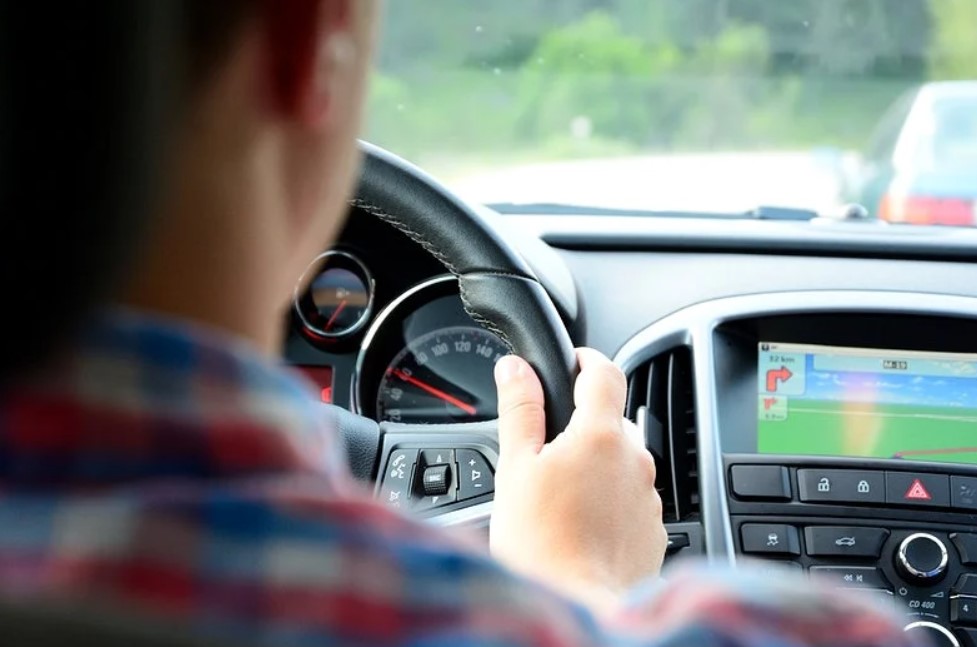Public confidence in the safety of self-driving cars has taken a sharp downturn, according to a recent study by the American Automobile Association (AAA). This decline in trust follows a series of high-profile incidents involving autonomous vehicles, leading to a significant increase in apprehension among the American driving public.
A Shift in Sentiment
The AAA’s research reveals a stark change in public opinion, with 68% of Americans now expressing fear about sharing the road with self-driving cars. This represents a 13% increase from the previous year and is a notable reversal from the trend of declining or stable unease observed between 2020 and 2022.
The growing skepticism can be attributed to increased media coverage of traffic incidents involving autonomous vehicles. One such incident that garnered widespread attention was the suspension of robotaxi service Cruise after one of its vehicles was involved in an accident with a pedestrian.

Legal Lanes and Public Perception
Tesla, a leading name in the autonomous vehicle industry, has also been in the spotlight due to litigation concerning its Autopilot and Full Self-Driving (FSD) platforms. While courts have generally ruled in favor of Tesla, the controversies have fueled public debate over the marketing and reliability of driver-assistance technologies.
Despite these concerns, there is evidence to suggest that firsthand experience with self-driving technology can improve consumer attitudes. A J.D. Power study found that 47% of participants who rode in a robotaxi reported increased confidence in autonomous vehicles.
Navigating the Road Ahead
The automotive industry faces the challenge of rebuilding trust in self-driving technology. As companies continue to develop and test autonomous vehicles, ensuring safety and transparency will be crucial in steering public opinion back towards acceptance of this transformative innovation.
